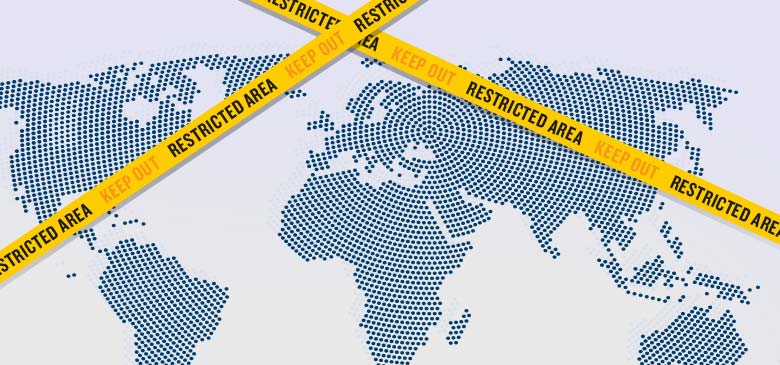
Sanctions Compliance for Businesses.
In my last post we discussed how sanctions are enforced and complied with. Today, let’s talk about how businesses should comply with them. Complying with regulations pertaining to sanctions could definitely be challenging for businesses. Compliance does not limit itself to screening transactions using the checklists, but also ensuring that you do not enter into global trade relations or operations without monitoring the supply chain. How can we comply with them successfully?
A strong due diligence structure is an imperative part of compliance with sanction regulations. This is fundamental in understanding who your customers are and verifying the supply chain. An example of this would be last year’s e.l.f Beauty case where the company ended up paying almost 1 million dollars for non-compliance of North Korean sanctions while importing eye lash sets from Chinese suppliers who had sourced their products from North Korea. Elf beauty realised they violated sanctions that were imposed and reported themselves for the same.
A robust KYC process will help figure out more about the customers, supplier, third parties etc. In many cases, even though we understand sanctions, we fail to use them effectively in our business unintentionally and the whole point of compliance is nullified. In 2019, the Office of Foreign Assets Control (OFAC) stated that Apple would be liable to pay a fine of $467,000 for breaching sanctions regulations in connection with an App they featured on their Apple store which belonged to a Slovenian Company. This company was on OFAC’s SDN list.
Many times companies also end up violating sanctions by either misunderstanding the regulations or ignoring them completely. This could really cost an organisation a hefty fine. This is one of the reasons a good compliance policy and training should be enforced in every organisation so that people are made aware of the sanctions lists, PEP’s, their compliance measures, consequences of violating them and the monetary fines to be paid for being reckless or inadequate.
Sometimes despite having a strong compliance function and framework, the screening software used by a company could be outdated or malfunctioning as well. So a lot of factors do need to be regularly looked into for better due diligence and KYC procedures. The best way to protect your organisation from regulators is monitoring your compliance strategy, maintaining a stronger internal policy and most importantly, knowing who you are doing business with.
Please note that all opinions made on this blog should be treated as a guide and not legal advice.





